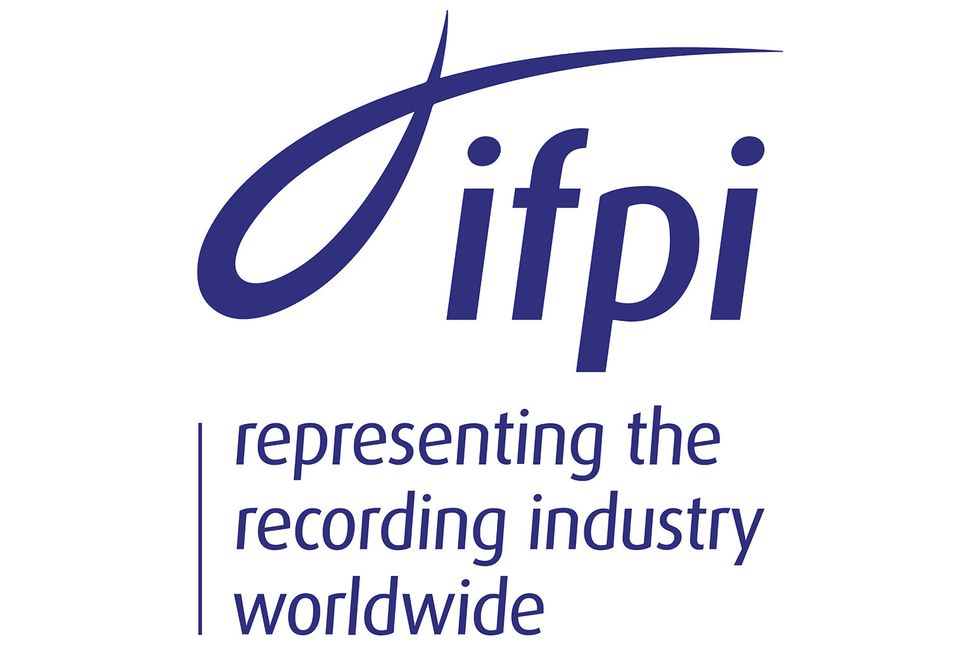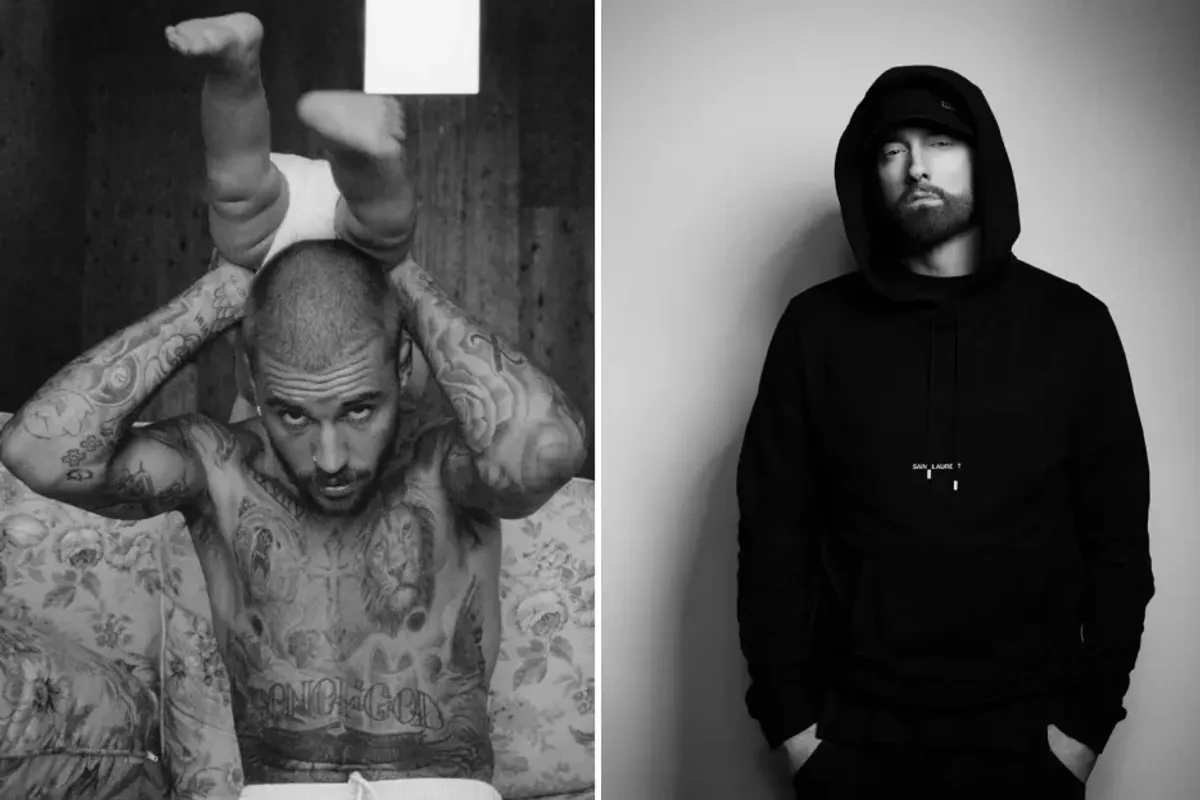Listeners Remain Wary of AI in Music, New IFPI Survey Shows
The organization's CEO, Frances Moore, encouraged policymakers "to implement standards for responsible and safe AI."

Listeners remain wary of artificial intelligence, according to Engaging with Music 2023, a forthcoming report from the International Federation of the Phonographic Industry (IFPI) that seems aimed in particular at government regulators.
The IFPI surveyed 43,000 people across 26 countries, coming to the conclusion that 76% of respondents “feel that an artist’s music or vocals should not be used or ingested by AI without permission,” and 74% believe “AI should not be used to clone or impersonate artists without authorisation.”
The results are not surprising. Most listeners probably weren’t thinking much, if at all, about AI and its potential impacts on music before 2023. (Some still aren’t thinking about it: 89% of those surveyed said they were “aware of AI,” leaving 11% who have somehow managed to avoid a massive amount of press coverage this year.) New technologies are often treated with caution outside the tech industry.
It’s also easy for survey respondents to support statements about getting authorization for something before doing it — that generally seems like the right thing to do. But historically, artists haven’t always been interested in preemptively obtaining permission.
Take the act of sampling another song to create a new composition. Many listeners would presumably agree that artists should go through the process of clearing a sample before using it. In reality, however, many artists sample first and clear later, sometimes only if they are forced to.
In a statement, Frances Moore, IFPI’s CEO, said that the organization’s survey serves as a “timely reminder for policymakers as they consider how to implement standards for responsible and safe AI.”
U.S. policymakers have been moving slowly to develop potential guidelines around AI. In October, a bipartisan group of senators released a draft of the NO FAKES Act, which aims to prevent the creation of “digital replicas” of an artist’s image, voice, or visual likeness without permission.
“Generative AI has opened doors to exciting new artistic possibilities, but it also presents unique challenges that make it easier than ever to use someone’s voice, image, or likeness without their consent,” Senator Chris Coons said in a statement. “Creators around the nation are calling on Congress to lay out clear policies regulating the use and impact of generative AI.”

















